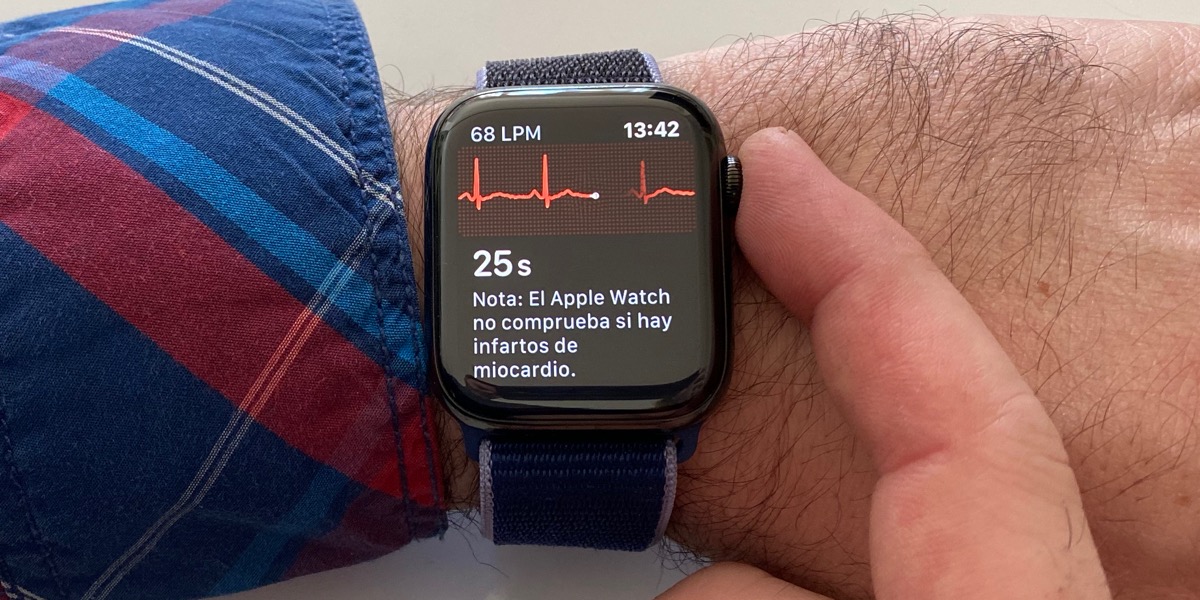
Health has been one of the fundamental pillars for device advancements in recent years. Especially considering the inaccuracy of the Apple Watch, when it is possible to perform an electrocardiogram or detect blood oxygen saturation. These features help users assess and improve their health. A new study published by Stanford University indicates that The Apple Watch is also useful in detecting atrial fibrillation in children. This is because Apple currently offers ECG certification only to those 22 and older. We tell you everything below.
More useful for Apple Watch: Atrial fibrillation in under 22
Apple and Stanford University have teamed up to examine the implications Apple Watch has for detecting arrhythmias, or abnormal electrical events, in users who wear them. All of this is located within the known. Apple Heart Study whose work is periodically published in the best magazines in the world.
A few days ago a new study was published on “The Usefulness of Smart Watches in Identifying Atrial Arrhythmias in Children” in this study is based on the assumption that the FDA and other agencies Responsible for controlling this type of equipment is related to health. Only the arrhythmia detection function is certified for users over 22 years of age. That is, heart rhythm testing is not indicated in children under that age.

Related articles:
The Apple Watch can detect heart failure with a simple electrocardiogram.
However, Apple and Stanford University want to know what the Apple Watch means and how it detects electrical activity in children. And their hypothesis was that they could actually detect atrial fibrillation in children. After collecting the patients, 41 children between the ages of 10 and 16 years with a medical history that included an ‘Apple Watch’ were observed. and was eventually diagnosed with atrial fibrillation.

85% of children used traditional heart monitors, and 29% of those children were not diagnosed with an arrhythmia. Because the monitor did not detect abnormal rhythms, of the 73 patients who used Apple Watch to track their heart rate, 25% required care after detecting an abnormal rhythm without any arrhythmias being identified. But the important thing is that in In 71% of cases, the Apple Watch’s findings led medical teams to perform more complex electrical studies to ultimately diagnose the arrhythmia.
Therefore, this study reveals that there are indications that it is reassuring. The Apple Watch may be useful in detecting atrial fibrillation in children. Not much diagnosis But detecting symptoms that go along with detecting abnormal clocks can help medical teams diagnose diseases more quickly. However, Stanford University urges continued work to find ways. Potential use to improve care in this age group